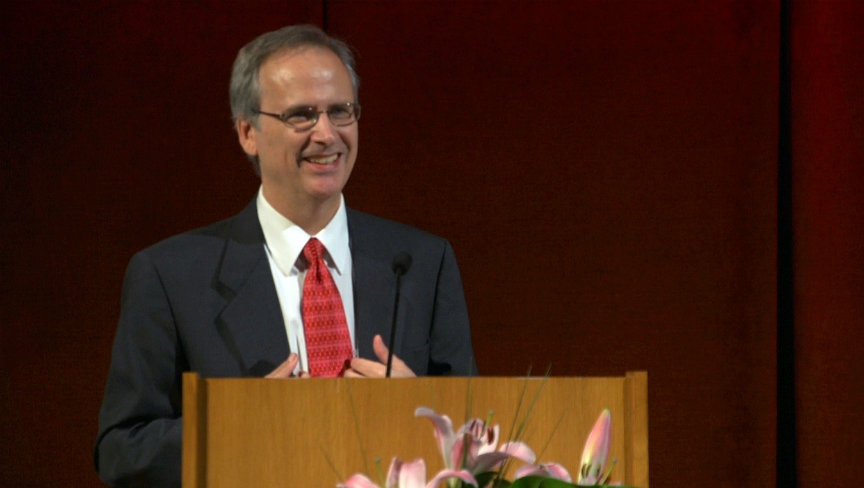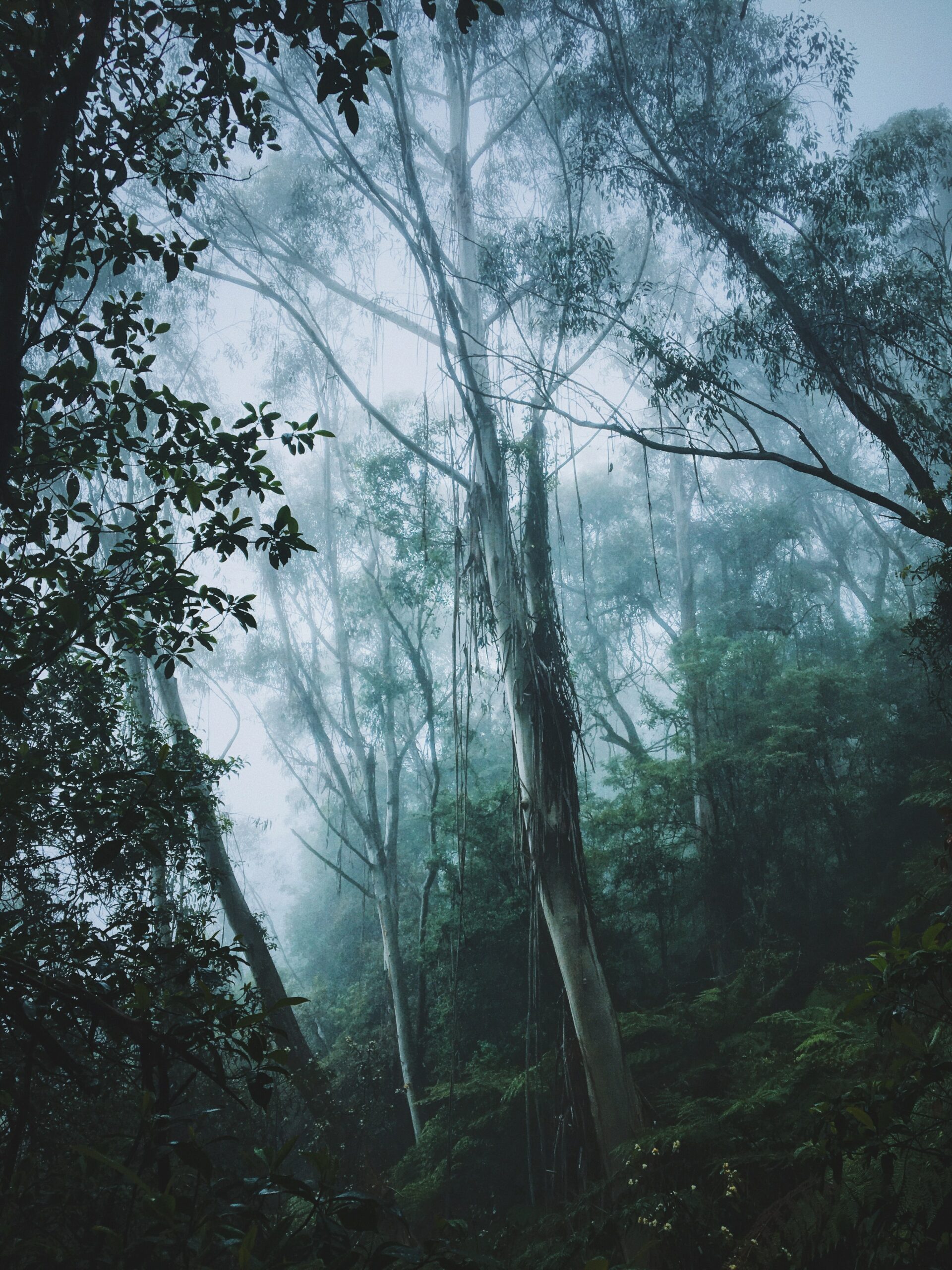Highlighting Australia
- As a proudly Australian initiative, we’re excited to showcase a collection of Australian stories, music, tributes and more.

Join activities, celebrations, study groups, spiritual empowerment and education programs for young people, and more.
Baha’i beliefs address essential spiritual themes for humanity’s collective and individual advancement. Learn more about these and more.


Here at Baha’i Blog we’re always looking for good resources for the Baha’i world community to use, so we’re happy to share with you a recent talk by Mr. Paul Lample called ‘The Current Plan and the Community-building Process’.
Mr. Lample gave the talk in August last year at the Baha’i House of Worship in Wilmette, USA, and he covers a number of topics including his personal thoughts on the current Plan and the activities propelling the community-building process forward.
The talk is available on the US Baha’i website, but the National Spiritual Assembly of the Baha’is of the United States have also given Baha’i Blog permission to share the talk with our readers, so you can either stream or download the talk below.
Mr.Lample is a member of the Universal House of Justice and the author of several well-known books, including Creating a New Mind and Revelation and Social Reality.
We hope you enjoy the talk and find it useful!
(Audio copyright Baha’is of the United States)
You can listen to this talk by either streaming it live or by downloading it.
"*" indicates required fields

We recognise their continuing connection to land, waters and community. We pay our respects to Aboriginal and Torres Strait Islander people and their cultures; and to elders both past and present.
The views expressed in our content reflect individual perspectives and do not represent authoritative views of the Baha’i Faith.

Visit the site of the
Australian Baha’i Community
and the Baha’i Faith Worldwide
Notifications
Wonderful!
Goli Young (March 3, 2014 at 4:31 PM)
Wonderful! Thank you so much for sharing this.
Barney Leith (March 3, 2014 at 7:45 PM)
I am quite keen to know about two things which need urgent answers , viz
(a) Is there a Baha’i Culture ? If yes, how is it manifested .If no, why not ?
(b) Pig meat is known to be forbidden in many religions and it has been proved that it is the only meat that contaminates very quickly. And yet, dishes having pork is openly offered to the staff of the BWC.I find it quite erratic as it go against the sundry religious beliefs which we are supposed not to hurt as Baha’is.
Please give me an answer to the above.
Thanks
Veenaud
Veenaud Boodhun (March 3, 2014 at 8:07 PM)
I have written a book of 640 pages(font 16 and 540 pages-font-14) and 230 thousand words which contains reflections and understandings regarding the new Baha’i culture of learning and growth, what amounts to a paradigmatic shift, in the Baha’i community. This international community found in over 200 countries and territories, as well as some 120 thousand localities has been going through this shift in its culture since the mid-1990s. The Baha’i Faith claims to be the newest, the latest, of the Abrahamic religions. This Faith had its origins in mid-19th century Iran. This new culture, or paradigm, will be developing in the decades ahead at least until 2044, the end of the second century of the Baha’i Era(1844 to 2044), and perhaps beyond into that third century of the Baha’i era, 2044 to 2144. Time will tell when the next paradigmatic shift will take place in the international Baha’i community, a community I have now been associated with for more than 60 years: 1953 to 2014. Go to this link to access the full text my my book: http://bahai-library.com/price_culture_learning_paradigm
RonPrice (March 3, 2014 at 11:39 PM)
Readers should note that my book on the new Baha’i culture of learning and growth, found at Baha’i Library Online is in 2 Parts due to the length of the document.
Part A is found at the above link, and Part B is #3 and found at: http://bahai-library.com/new/ .
Comparisons and contrasts are made to several previous paradigm shifts in the Baha’i community. Thoughts on future developments within this paradigm, and future paradigms, are suggested. In the first seven years, 2007 to 2014, of the presence on the internet of this commentary, it has contributed to an extensive dialogue on the issues regarding the many related and inter-related processes involved in the many ongoing changes in the international Bahai community and its 5 to 8 million adherents. The book has also had some 40,000 hits in those 7 years.
The work is dedicated to the Universal House of Justice, trustee of the global undertaking which the events of more than a century ago set in motion. The fully institutionalized charismatic Force, a Force that historically found its expression in the Person of Baha’u’llah, had effloresced by a process of succession, of appointment and election, at the apex of Baha’i administration for half a century by the end of April 2013.
RonPrice (March 3, 2014 at 4:01 AM)
(a) depends on what you mean by “culture,” but probably not (rather we should speak of various ethno-religional Baha’i subcultures)
(b) pork is not forbidden in the Baha’i religion, and the health concerns can be mitigated (here in Taiwan we eat pork all the time)
That said, it would be interesting to know when Baha’is of Iranian Muslim extraction began eating pork.
Zla'od (March 3, 2014 at 4:34 AM)
whoops, make that “ethno-regional”
Zla'od (March 3, 2014 at 4:35 AM)
Dear Veenaud,
If only Jews and Moslems are forbidden by their religion to eat pork then I would say that the great majority of peoples in the world eat pork. Development of hygienic farming of pigs along with cold storage of meat have by and large resolved the question of contamination. In the Baha’i Faith only consumption of alcohol and opiates are forbidden. Both affect and alter thinking and reasoning resulting in car accidents, domestic and street violence etc.. Both are addictive and bad for body. A year or two ago a direct link between alcohol and breast cancer was discovered, and other health harms on brain, liver etc. are well known. As to the culture, it’s a subjective topic when you delve into cultures of the world, religion-wise or otherwise in so many ways and aspects. I would say unity in diversity i.e. abolishing of all racial, religious, national prejudices from one’s mind and soul is a foundation of the Baha’i culture.
Hooshnag Sadeghi-Afshar (March 3, 2014 at 4:23 AM)
The talk was very inspiring. Relating our firmness in the covenant to the active role we must play in achieving the goals of the current plan is so well done. Thank you.
Kharono (March 3, 2014 at 8:44 AM)
Thanks for the post and resources, some of which I didn’t know existed and will find quite useful. The post reminded me of something I really enjoyed watching and thought I should share:
http://vimeo.com/38104776
Falen (November 11, 2014 at 10:54 AM)